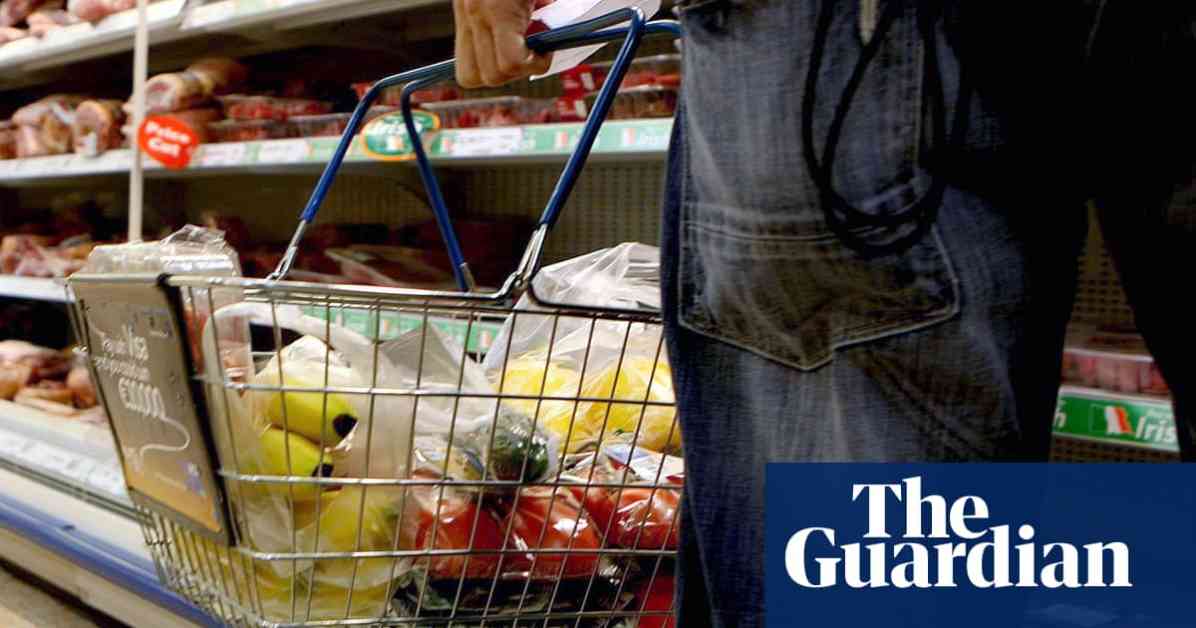In October, the UK saw an increase in inflation to 2.3%, creating more pressure on the Bank of England to delay any further interest rate cuts until next year. The Office for National Statistics (ONS) released figures showing that a rise in energy bills was the main driver behind the consumer prices index (CPI) going up. This reversed the downward trend seen earlier this year when inflation was at 1.7% in September. Despite City economists expecting a 2.2% increase, the actual figure slightly exceeded that at 2.3%.
Retailers are already feeling the impact of measures announced in Labour’s recent budget, which they believe will ultimately lead to higher prices. This has caused some concern among consumers, affecting their confidence in the market. Suren Thiru, the economics director at the Institute of Chartered Accountants in England and Wales, noted that the recent rise in inflation confirms a disappointing trend, with rising energy bills and the effects of the budget likely to keep inflation above the Bank of England’s 2% target until 2025.
The Bank of England, responsible for keeping inflation close to the 2% target, has already cut interest rates twice to 4.75%. However, due to the recent increase in inflation, further cuts are likely to be postponed at least until February. Financial markets are currently predicting only a 16% probability of a rate cut next month. This hesitation is due to renewed price pressures from the budget and global economic uncertainty.
Economists are now facing a more challenging task in determining when to reduce borrowing costs, especially after an unexpected rise in services inflation and core inflation. Core inflation has increased to 3.3% and services inflation to 5%. Ruth Gregory, deputy chief UK economist at Capital Economics, highlighted that the jump in airfares inflation contributed significantly to this increase.
The rise in inflation is a concerning trend for families in the UK who have been dealing with a decline in spending power over the past few years. Data shows that consumer prices in the UK have increased by 22.8% from January 2021 to May 2024, higher than other major economies like Germany, the US, and France. Shadow Chancellor Mel Stride emphasized the importance of keeping inflation low and expressed concerns about the impact of Labour’s budget on inflation and mortgage rates.
Overall, the recent increase in inflation has put pressure on the Bank of England to delay interest rate cuts, impacting consumer confidence and spending power in the UK. Policymakers will need to carefully consider future policy decisions in light of these inflationary pressures and economic uncertainties.












